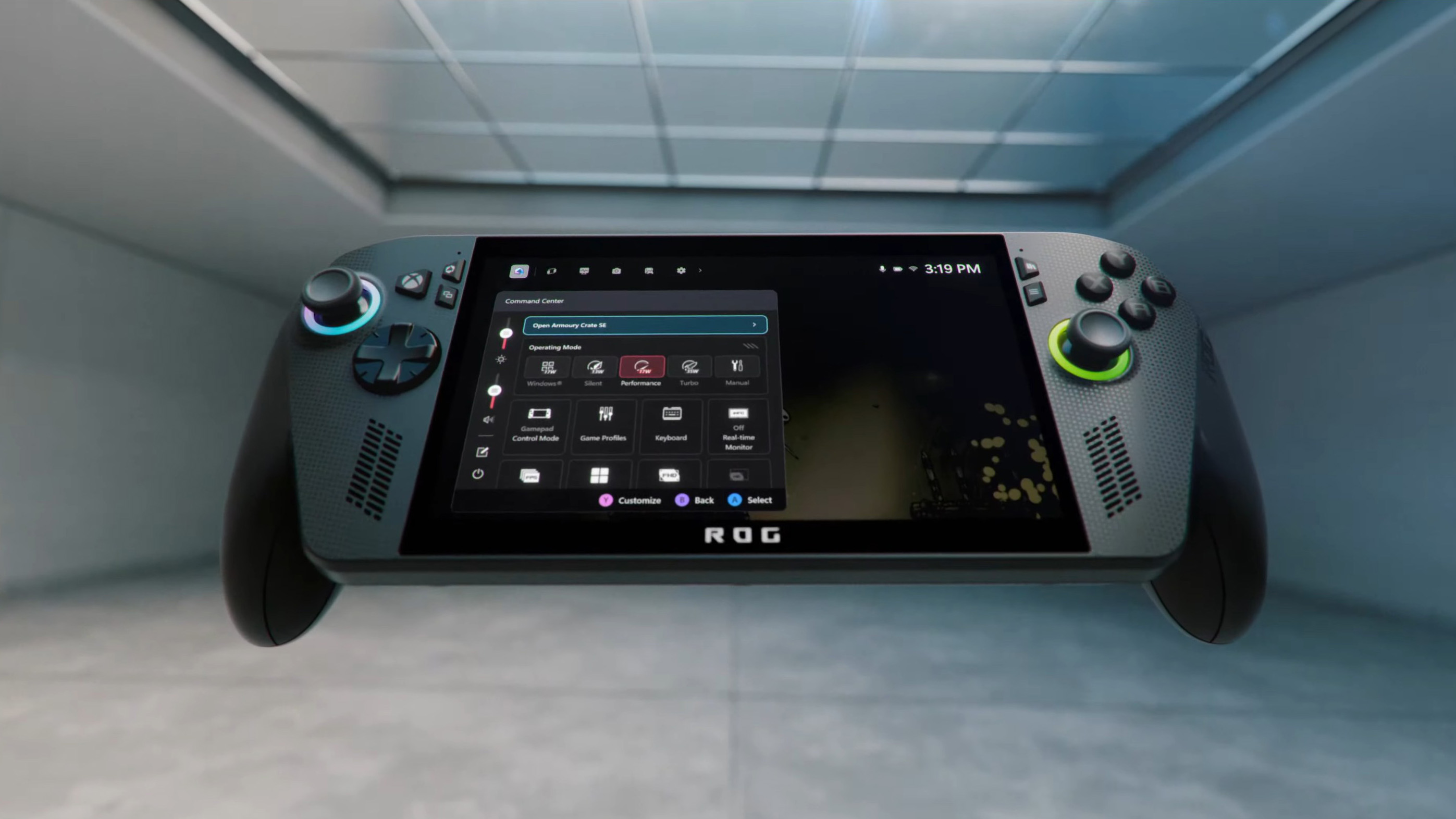
Recent reports indicate that plans for a dedicated Xbox handheld may have been essentially canceled. However, the newly unveiled Asus Xbox Ally serves as a potential glimpse into the future of Xbox devices, shifting away from traditional console development.
While the announcement of the first Xbox handheld seemed promising, there are now indications that the idea has been scrapped. This could mean that future Xbox gaming experiences will be centered around partnerships with hardware companies like Asus rather than manufacturing consoles directly itself.
The Asus ROG Xbox Ally and its variants are not fully-fledged Xbox devices; rather, they are optimized PC handhelds built using existing components with a streamlined version of Windows tailored for gaming.
This change in strategy seems to pivot Microsoft’s focus towards retaining Game Pass subscribers, adapting to a model where Xbox branding is licensed out to third-party manufacturers.
As the landscape evolves, the emphasis will not just be on handhelds but on all Xbox consoles, possibly allowing for a variety of Xbox-branded devices across different price points and performance levels. This strategy can enable Microsoft to utilize emulation and streaming technologies to enhance backward compatibility, making legacy Xbox titles playable on these systems.
In a nutshell, Microsoft’s ambition appears to be steering towards a model where Xbox can be experienced across any screen, utilizing the recent developments seen with the Asus Xbox Ally and the optimized Windows experience, marking a significant change in how Xbox will be positioned in the future.
